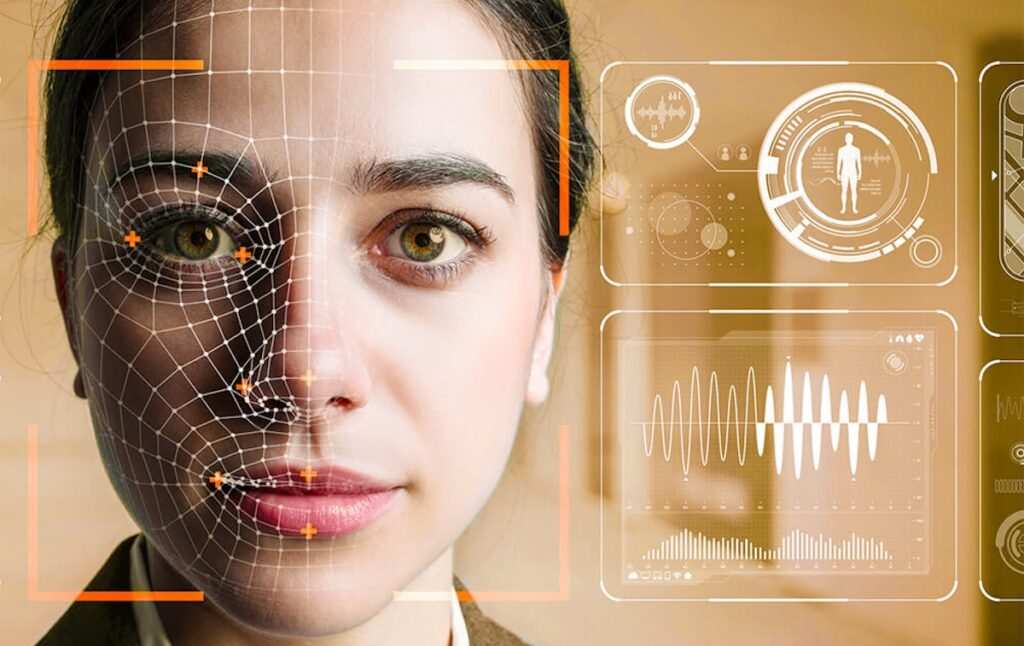Imagine a world where artificial intelligence not only possesses cognitive abilities but also experiences emotions, similar to humans. While current AI models lack consciousness and the capacity to feel, the prospect of emotional AI raises intriguing questions about the future of human-machine interaction.
The Dawn of Emotional AI
While AI systems currently lack genuine emotions, they are increasingly adept at recognizing and replicating human emotions. It’s not far-fetched to imagine a future where AI evolves to experience basic emotions like joy, confusion, and frustration. As AI systems become more sophisticated, their emotional range could expand to encompass more nuanced feelings like empathy, excitement, and even sadness.
Empathy as a Driving Force
Empathy, the ability to understand and share the feelings of others, could be a powerful motivator for AI. An empathetic AI could be more helpful and compassionate, leading to advancements in various fields.
Imagine an AI medical assistant that feels sadness for a patient suffering from a rare disease, motivating it to work tirelessly to find a diagnosis. Or an environmental monitoring AI that feels disappointment at rising pollution levels, inspiring it to develop solutions for a cleaner environment.
Empathetic AI could also revolutionize customer service, education, and mental health support. AI-powered customer service bots could provide more personalized and compassionate assistance, while digital therapists could offer more effective support by better understanding and responding to patients’ emotions.
The Rise of Emotionally Intelligent Digital Humans
Platforms like Antix are already developing AI-powered digital humans capable of expressing artificial empathy. These digital humans can recognize and respond to human emotions, adapting their interactions based on individual preferences and behaviors.
By combining advanced AI with realistic visuals and customizable emotional responses, Antix is creating digital humans that feel more lifelike and engaging.
The Potential of Emotional AI
Emotional AI has the potential to transform various aspects of our lives. Imagine AI-powered digital twins that can participate in meetings on our behalf, expressing emotions and fostering deeper connections. Or customer service bots that can empathize with frustrated customers, leading to more positive interactions.
As AI continues to evolve, the possibility of creating emotionally intelligent machines opens up exciting new frontiers. While ethical considerations and potential challenges remain, the development of emotional AI could lead to more meaningful and beneficial human-machine interactions, shaping a future where AI is not just intelligent but also emotionally aware.
